On Monday, 24th March, a 24-year-old lady passed away at her residence in Rincón de Bonanza’s Orihuela sector. According to her family, the National Police arrived earlier than the SAMU (National Emergency Medical Services), which took forty minutes to arrive.
Her uncle, Juan Ramón, says about the stressful and, most importantly, excruciating periods they went through while making a valiant attempt to escape the suffering and remember the terrible events that occurred only two days later. NAV was prescribed a pain reliever after visiting the emergency room of Vega Baja Hospital that morning for sciatica and everything going smoothly. The young lady had never experienced any health issues before. At approximately 1 p.m., his niece passed out and fell to the ground. She was talking and conscious. She informed him that her grandmother and partner were there. She lives next door, so it just took him a few seconds to get there.
After that, she experienced cardiac arrest. While the ambulance awaited its arrival, her uncle and partner both administered cardiopulmonary resuscitation. “We both knew how; I learnt in the military, and he had worked in an ambulance,” Juan Ramón adds. He claims that they attempted to resuscitate her for almost thirty minutes before National Police officers showed up there and removed them due to their weariness. “Our whole bodies hurt,” he remembers saying.
As Juan Ramón watched his niece “was losing consciousness, she was fading little by little, her pulse was losing its hold until she was left with her eyes open and glassy, in the void, with her face white and her lips purple,” he laments that the health services had asked her on the phone up to three times if she had her health card on hand.
He maintains that the ambulance “should have taken 10 minutes at most,” given that it is located on the road that links Vega Baja Hospital and the urban area. But for some reason, it took more than forty.
He states in a weak voice that this is the reason she wants to make the world aware of “what’s happening, not just for my niece, for whom nothing can be done,” but “because until it affects you, you’re not aware, but it can happen to anyone.”
She called 112 at 1:07 p.m., according to her story and the call record on her mobile phone, and gave them all the information they asked for—with the exception of her health card, which she was missing at the moment.
Three minutes after that, his niece passes out. When he gets a call at 1:12 p.m. asking for the SIP once more, Juan Ramón responds that his niece has gone into cardiac arrest and reiterates that he doesn’t have that information. He also insists that they are performing cardiopulmonary resuscitation on her and asks that they move quickly because she is in cardiac arrest.
He gets another call at 1:20 p.m. confirming that they are unable to locate his niece’s details. Once more, Juan Ramón introduces them to his niece. It seems that their last name was incorrect. They affirm that they have located her a few seconds later. She is in cardiac arrest, Juan Ramón confirms. They take him to a doctor, who enquires about his niece’s health. The doctor is surprised that they are able to do cardiopulmonary resuscitation (CPR) when he responds that they are.
A number of National Police patrols came about 1:25 p.m. Because they had been warned that the victim was conscious, the officers did not have a defibrillator, therefore they relieved Juan Ramón and NAV’s partner to continue CPR. Because they were within a short distance from the police station when they received the warning, one of the policemen objected.
An ambulance came at approximately 1:45 p.m. and took over for at least another 45 minutes, utilising all available resources, after another 15 minutes of taking turns giving CPR. However, the death was confirmed around 2:00 p.m. without any success.
The first contact, which was received at 1:03 p.m., described a woman who had fallen, was experiencing dizziness and breathing difficulties, according to the Emergency Information and Coordination Centre (CICU). At 1:05 p.m., an ambulance from the Basic Life Service was sent out.
The call was categorised as priority 1 at 1:09 p.m. when the caller dialled 112 once more, stating that they were performing basic cardiopulmonary resuscitation. While they were familiar with the approach, the CICU offered to help guide the resuscitation manoeuvres while they mobilised a SAMU unit.
According to CICU sources, the Medical Service for the Uninfected Mumps (SAMU) was already providing assistance at 1:24 p.m. Advanced cardiac resuscitation and other recovery measures were administered by the medical team, but no reaction was observed.
One ambulance
The notice was also given to the local health centre’s doctor. At the same moment as the SAMU (National Health Service), he and a nurse came in their vehicle. “The Orihuela Health Department is fully booked every day because there is only one SAMU (National Health Service), one less than the number of staff it has been assigned for the past three years,” says the medical expert, who has spent 23 years working in the local health centres.
In 2022, the Valencian Community’s urgent and non-urgent land medical transport service specifications established four medicalised units in the region, two in each of the two health areas (Orihuela and Torrevieja). However, the specifications failed to consider that the one on the Orihuela coast, which is located in Torrevieja due to its proximity, actually has three.
This “error” means that in reality, a department with a protected population of 180,000 people—including Orihuela (without the Coast), Albatera, Algorfa, Almoradí, Benejúzar, Benferri, Bigastro, Callosa de Segura, Catral, Cox, Daya Nueva, Daya Vieja, Dolores, Granja de Rocamora, Jacarilla, Rafal, Redován, and San Isidro—has only one medicalised ambulance.
In July of last year, the Vega Baja Hospital’s UGT union branch notified management of the situation and asked that “this service, which we so desperately need, be restored as soon as possible.” As of yet, there has been no settlement.

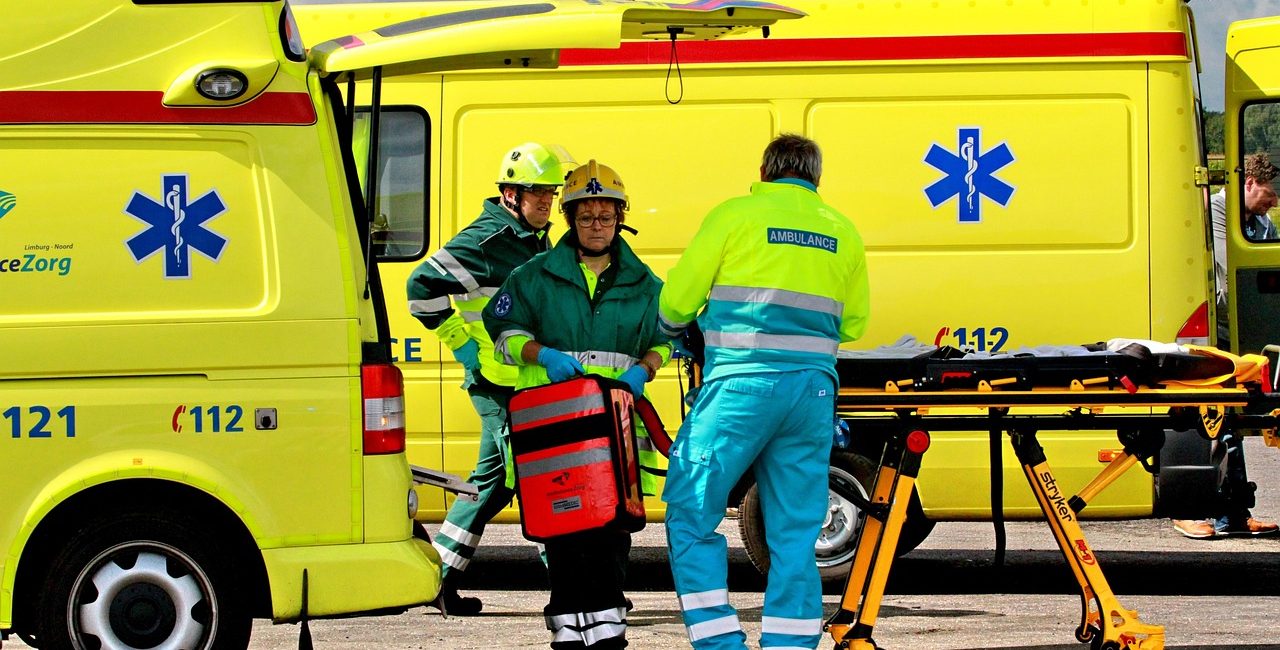
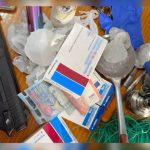
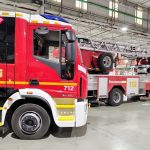
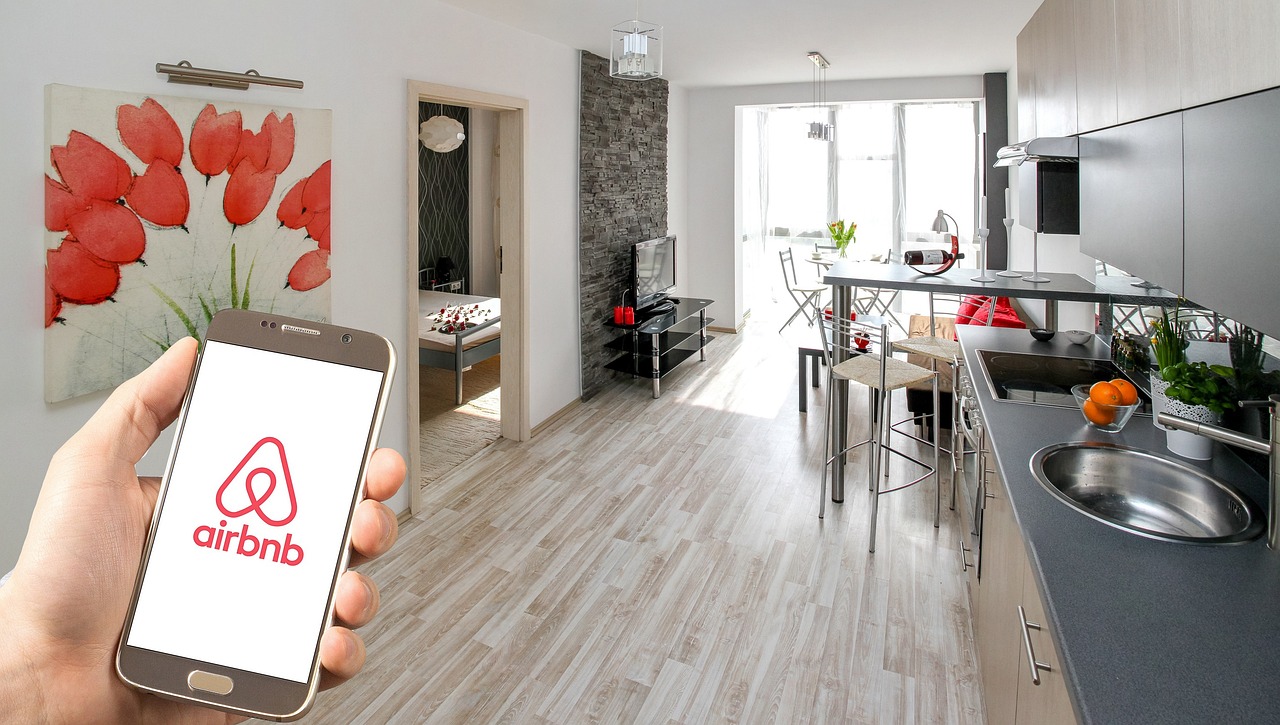
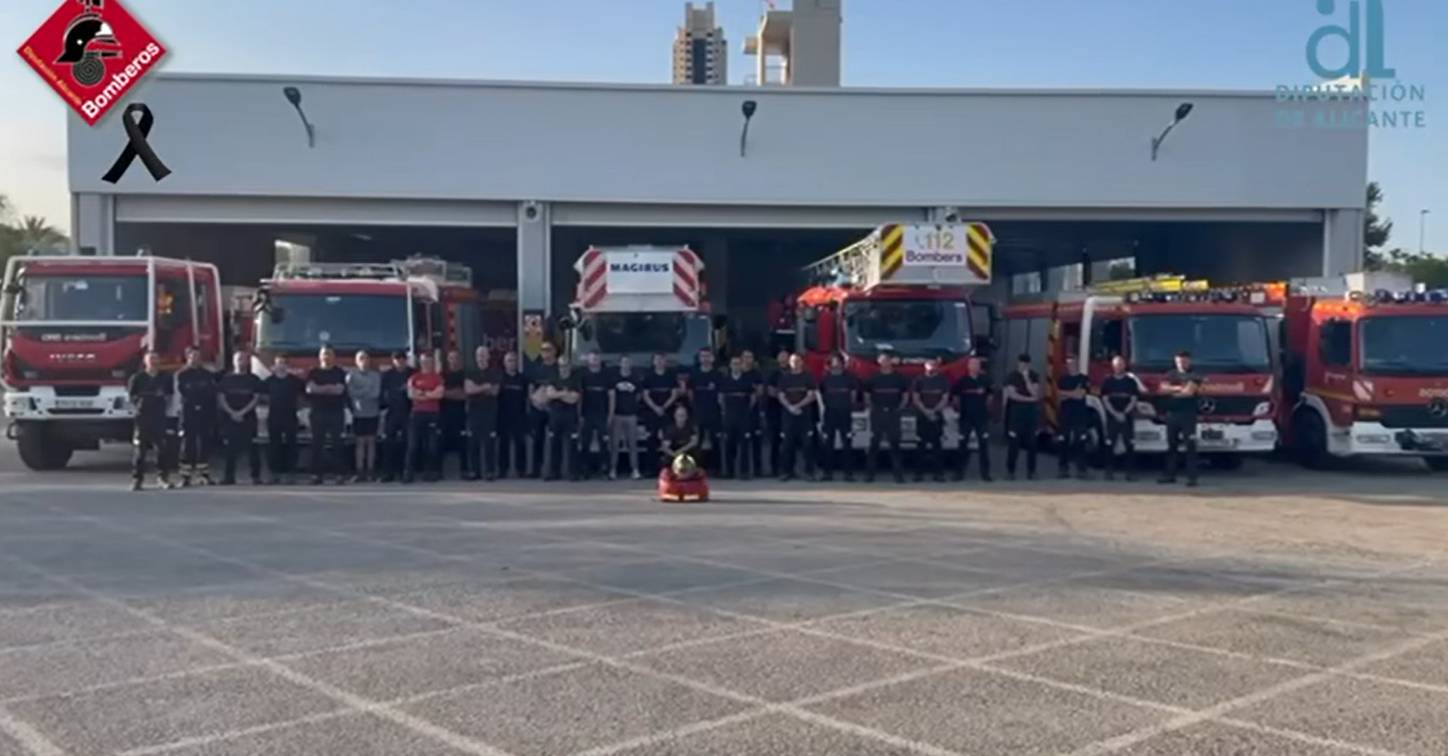
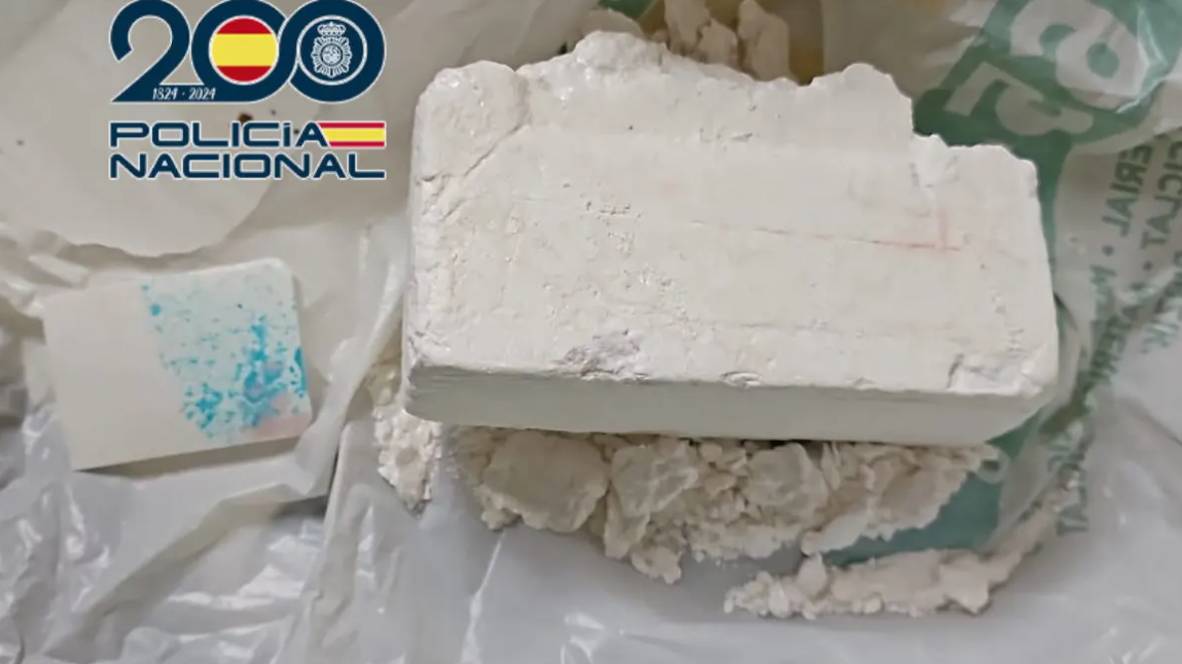
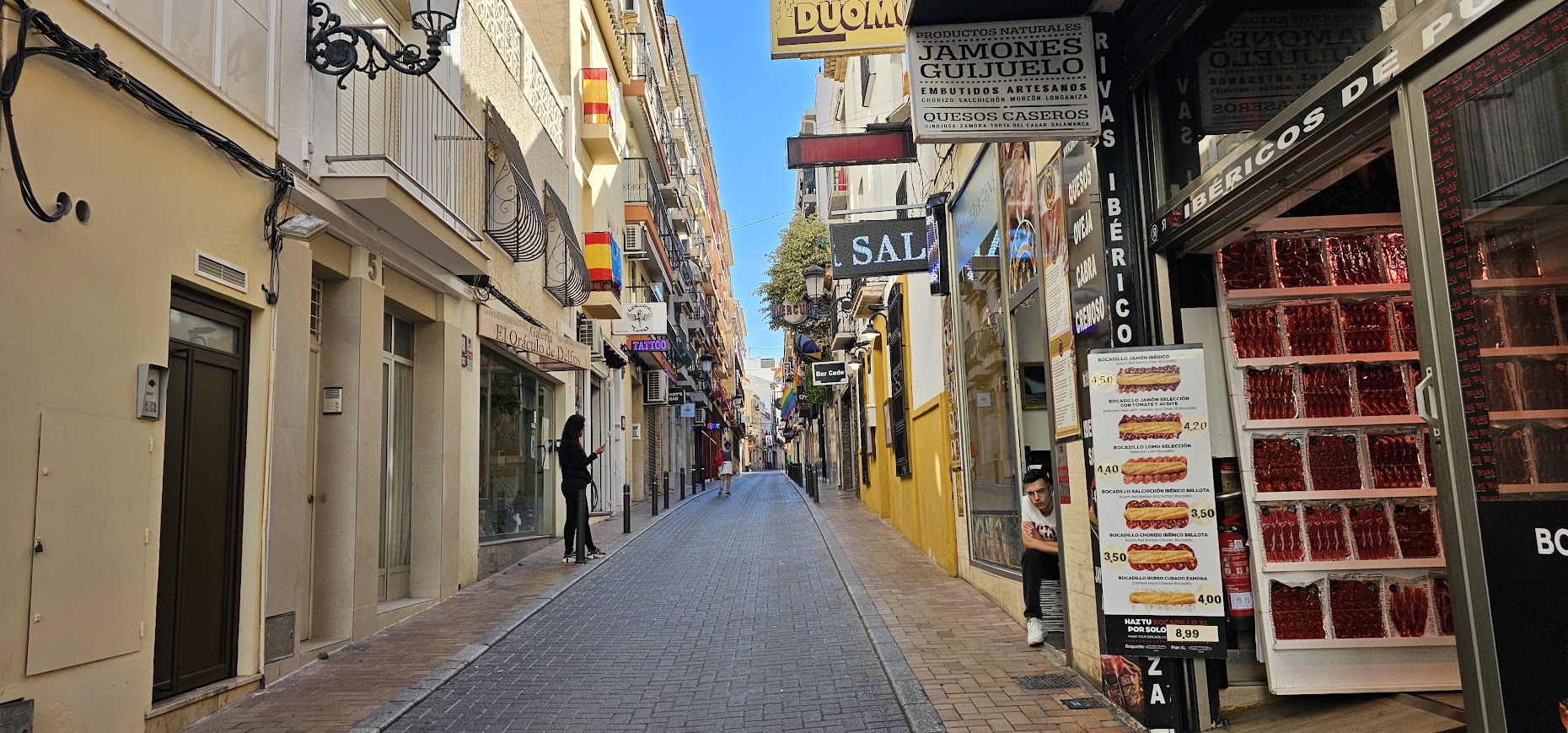
No Comment! Be the first one.